What is the Recovery Time for a Dental Implant?
- Understanding Dental Implant Recovery
- Factors Affecting Recovery Time for Dental Implants
- Typical Recovery Time for Dental Implants
- How to Speed Up Dental Implant Recovery
- Why Dentistry Toothtruth is the Best Choice for Dental Implants
1. Understanding Dental Implant Recovery
Dental implants are a popular and highly effective solution for replacing missing teeth, offering both aesthetic and functional benefits. However, like any surgical procedure, the recovery time for a dental implant can vary from person to person. The recovery process is essential for the proper healing of the implant and ensuring that it integrates with the jawbone successfully.
After the procedure, your body needs time to heal, and the titanium implant will fuse with the bone—a process known as osseointegration. This is a key part of the dental implant recovery, and the time it takes can differ based on several factors. It's important to follow the care instructions provided by your dentist to ensure optimal healing and avoid complications.
2. Factors Affecting Recovery Time for Dental Implants
Several factors influence the recovery time after getting a dental implant. These include:
- Health of the patient: Overall health, including the presence of conditions like diabetes or smoking habits, can affect how quickly your body heals after the procedure.
- Bone density: If the jawbone is not dense enough, additional procedures such as bone grafts may be required, extending recovery time.
- Number of implants: If multiple implants are being placed, recovery may take longer as the body works to heal in multiple areas of the mouth.
- Adherence to aftercare instructions: Proper aftercare, including avoiding certain foods and following oral hygiene instructions, can speed up recovery and reduce the risk of complications.
For example, I had a patient, John, who had several implants placed. His recovery time was slightly longer due to his history of smoking, but after following a strict aftercare regimen, his implants successfully integrated into the bone.
3. Typical Recovery Time for Dental Implants
Generally, the recovery time for a dental implant can be broken down into stages:
- Initial healing (1-2 weeks): During the first couple of weeks, you may experience swelling and discomfort, but most of this will subside with proper care.
- Osseointegration (3-6 months): The titanium implant fuses with the jawbone during this period. This process can take several months, but once it's complete, the implant is securely in place.
- Restoration (2-6 weeks): After osseointegration, your dentist will place the crown or bridge over the implant. This stage typically takes a few weeks to complete as impressions are made, and the restoration is custom-fitted.
For most patients, the overall recovery time from dental implant surgery to final restoration ranges from 4 to 6 months, depending on individual circumstances. It's essential to have patience, as this is a significant investment in both time and money.
4. How to Speed Up Dental Implant Recovery
While recovery time for dental implants can vary, there are several things you can do to help speed up the process:
- Follow your dentist’s aftercare instructions: These will typically include guidelines for eating, drinking, and maintaining oral hygiene to prevent infections.
- Avoid smoking and alcohol: Smoking and drinking alcohol can interfere with the healing process, so it's best to avoid these during the recovery period.
- Eat soft foods: After the procedure, it’s recommended to stick to soft foods to avoid putting too much pressure on the implant site.
- Get plenty of rest: Giving your body the time and energy to heal is crucial, so avoid strenuous activities during the first few weeks of recovery.
In my experience, patients who followed these tips and adhered to the aftercare instructions had smoother and faster recovery times, leading to successful outcomes in their implant procedures.
5. Why Dentistry Toothtruth is the Best Choice for Dental Implants
If you're considering dental implants, choosing the right dental care provider is essential. At Dentistry Toothtruth, we offer expert dental implant services with personalized care. Our team of experienced professionals is dedicated to ensuring that your recovery process is as smooth and comfortable as possible.
We understand the importance of clear communication and comprehensive aftercare, and we work with you every step of the way to ensure your dental implants heal properly and provide long-term results. Visit our website today to learn more about our dental implant services and how we can help you achieve a healthy, confident smile.

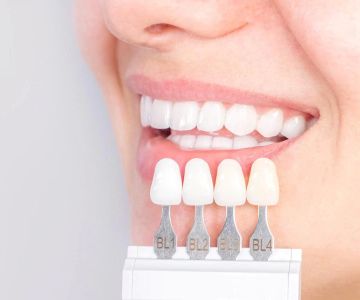

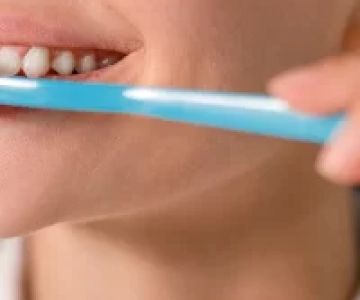
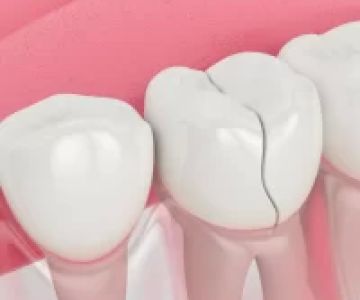
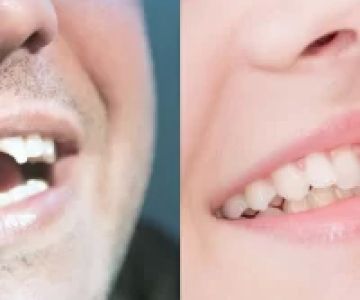
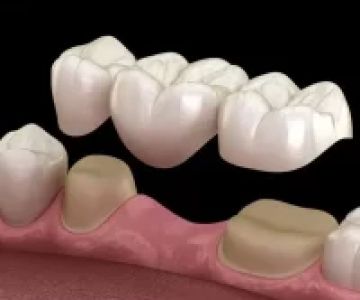
 Restorative and Implant Dentistry of Long Island5.0 (6 review)
Restorative and Implant Dentistry of Long Island5.0 (6 review) All Family Dental and Braces4.0 (287 review)
All Family Dental and Braces4.0 (287 review) Red Oak Dentistry: Dr. Michael King4.0 (74 review)
Red Oak Dentistry: Dr. Michael King4.0 (74 review) Long Grove Dental5.0 (1022 review)
Long Grove Dental5.0 (1022 review) Dental Arts of Totowa4.0 (80 review)
Dental Arts of Totowa4.0 (80 review) Dr. Steven Pittman5.0 (1 review)
Dr. Steven Pittman5.0 (1 review) The Importance of Oral Health Education During Pregnancy for a Healthy Pregnancy
The Importance of Oral Health Education During Pregnancy for a Healthy Pregnancy Best Tips for Brushing Your Teeth Properly for Healthy Gums: Essential Techniques for Oral Health
Best Tips for Brushing Your Teeth Properly for Healthy Gums: Essential Techniques for Oral Health Why Skipping Dental Checkups Can Lead to Bigger Oral Health Problems
Why Skipping Dental Checkups Can Lead to Bigger Oral Health Problems Advantages of Porcelain Dental Restorations
Advantages of Porcelain Dental Restorations How Can Diabetes Cause Tooth and Gum Problems? Preventing and Managing Oral Health Issues
How Can Diabetes Cause Tooth and Gum Problems? Preventing and Managing Oral Health Issues Healthy Habits for Promoting Good Oral Health and Hygiene: Tips for a Healthy Smile
Healthy Habits for Promoting Good Oral Health and Hygiene: Tips for a Healthy Smile